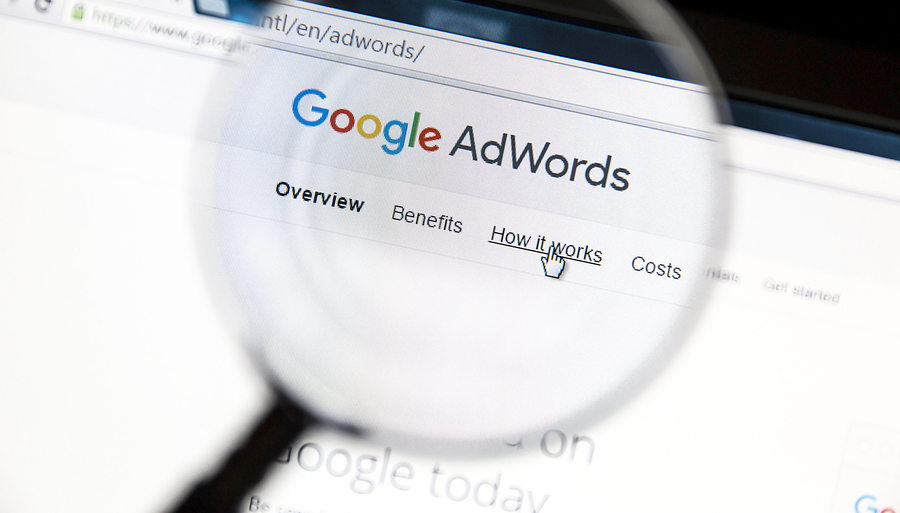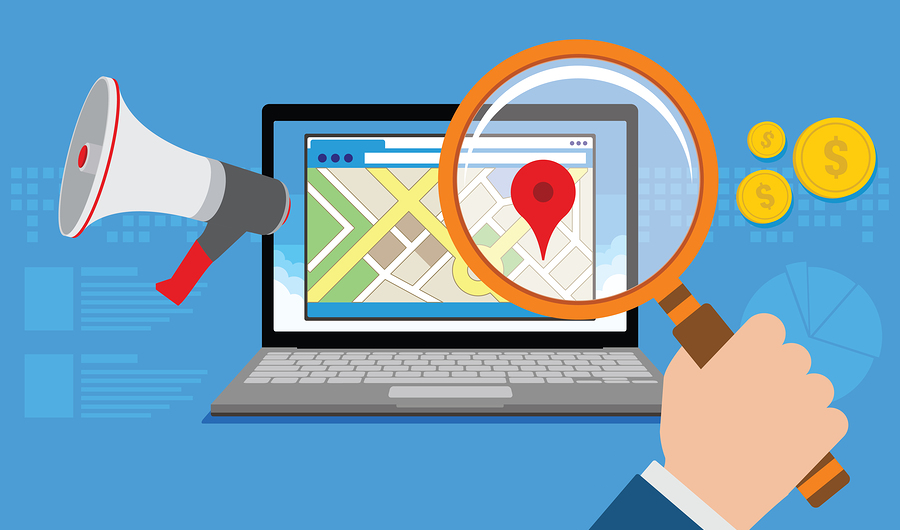 We all know the importance of using SEO (search engine optimization) best strategies, but are you familiar with practices that may be hurting your SEO? These may often be done unintentionally yet can have a big impact on your website’s ranking.
We all know the importance of using SEO (search engine optimization) best strategies, but are you familiar with practices that may be hurting your SEO? These may often be done unintentionally yet can have a big impact on your website’s ranking.
The following can negatively affect your SEO:
Bad Website Links
Inactive links or broken links go nowhere, and should be fixed or removed as needed. You can manually search for these, or easier ways include using Google Analytics or the plugin MonsterInsights for WordPress. While auditing, also check for nofollow links and redirects – if they exist, ensure they’re correctly placed where needed. Inactive links can stop web crawlers in their tracks resulting in a page not being indexed for search engines.
Spam Blog Comments
Spam links in your blog’s comment section can affect how you’re ranked; watch out for spam bots inserting irrelevant links like these. Using bad SEO strategies, these spambots try creating their own backlinks by commenting on others’ posts but this can hurt your ranking in the process. Links on your page help Google understand what kind of page you are, so a bad or irrelevant link can give Google the wrong impression. Have a good spam filter or monitor your comments to ensure no bad links exist in comments.
Slow Site Speed
You may have tons of awesome content on your page, including videos and high resolution images, but make sure your page is not overloaded. Watch out for oversized images, embedded videos, bad code, and overdue theme or plugin updates. A slow site speed leads to a longer load time that negatively impacts user experience, leading to increased bounce rates. Additionally, search engines may not be able to crawl all your pages when your site is slow (as to not overload). Use Pingdom to check your site speed and see if it needs improvement.
Not Using HTTPS
Safety online is important – users know this and so does Google. Search engines will rank safe sites higher because they want to send visitors to pages worthy of trust. Switch to HTTPS if you haven’t already; an SSL certificate ensures secure data transmission with encrypted data between the server and your site. Check if your hosting package includes this or if you need to purchase a security certificate.
Low Visitor Engagement
Posting quality content can improve your SEO, but there’s much more to it including how users engage. How are visitors interacting with your website? Are they engaged, completing calls to action (CTA’s) or sharing? How much time are visitors spending on the page? Google ranks sites based on how relevant they are, and if you have a high bounce rate it may lower your relevancy score.
Non Responsive Design
Searches being done on tablets and phones are increasing, which means your website needs to be responsive to these different devices. If not, visitors may leave quickly when the page doesn’t load or show correctly, in turn increasing your bounce rate and potentially hurting your SEO. Google is aware of the device trend and has even started indexing the mobile version of sites to make sure that users get the best access to what they’re looking for on phones. AMP (Accelerated Mobile Pages) can help with mobile speed.
Irrelevant Keywords
Keyword stuffing and using irrelevant words in the hope that your page gets noticed can backfire. Words that don’t match the content on the page will most likely result in a higher bounce rate when visitors realize they haven’t found what they were looking for on the site. Stay true to what your page is about without overdoing it; remember that it’s quality content that counts. (Note: Are you noticing a trend here? It’s all about being pertinent to the subject matter.)
Duplicate Tags and Descriptions
Make sure Google can successfully index your website; factors that may affect this are duplicate content tags or noindex tags. One can confuse search engines while the other will prevent the page from being indexed. Make tags relevant and also remember to tag your images correctly by describing what’s actually on them vs just listing the words you’re hoping to rank for. Be relevant for your topic and Google will reward you rather than penalize.
At the core of SEO rankings is the question – is my site relevant for what I offer and working properly? Keep this question in mind because Google is constantly analyzing this to sort pages in search engine results. At the end of the day, search engines exist to provide users with the best results and this is based on many factors. Some are easy to do on your own while others may require help from a search engine marketing expert like Wieting Design. View our SEO services.
With more than 20 years experience in marketing for local businesses in CT (Connecticut), we can work with you to improve and maintain your search engine ranking. View our past projects or contact us to discuss your local business marketing needs.
Wieting Design | Website Design CT
Wieting Design is a full-service, graphic and website design agency based in Fairfield County, CT and serving all of Connecticut (CT). We are committed to sharing our experience and expertise in website design, graphic design, social media marketing, search engine marketing (SEO), and video production to help build powerful tools and campaigns that work for your Connecticut business. Whether your objective is to grow your reputation, create client loyalty, drive traffic to your website or set up a marketing strategy, we will adapt our approach to get you the results you need with the services we provide.
 It is good to keep your friends close and your enemies closer. The saying goes true also for enhancing the efficacy of your website’s SEO strategy.
It is good to keep your friends close and your enemies closer. The saying goes true also for enhancing the efficacy of your website’s SEO strategy.

 Rule #1 in business is to get in front of your market. As the largest social media site for small businesses, Facebook is still king. If you’ve been fighting the trend, you are missing out on a great opportunity. Three reasons you should have a Facebook business page is to connect with customers, it is a free way to market your business, and it brings traffic to your website and store. Now you know why you need it…
Rule #1 in business is to get in front of your market. As the largest social media site for small businesses, Facebook is still king. If you’ve been fighting the trend, you are missing out on a great opportunity. Three reasons you should have a Facebook business page is to connect with customers, it is a free way to market your business, and it brings traffic to your website and store. Now you know why you need it…



